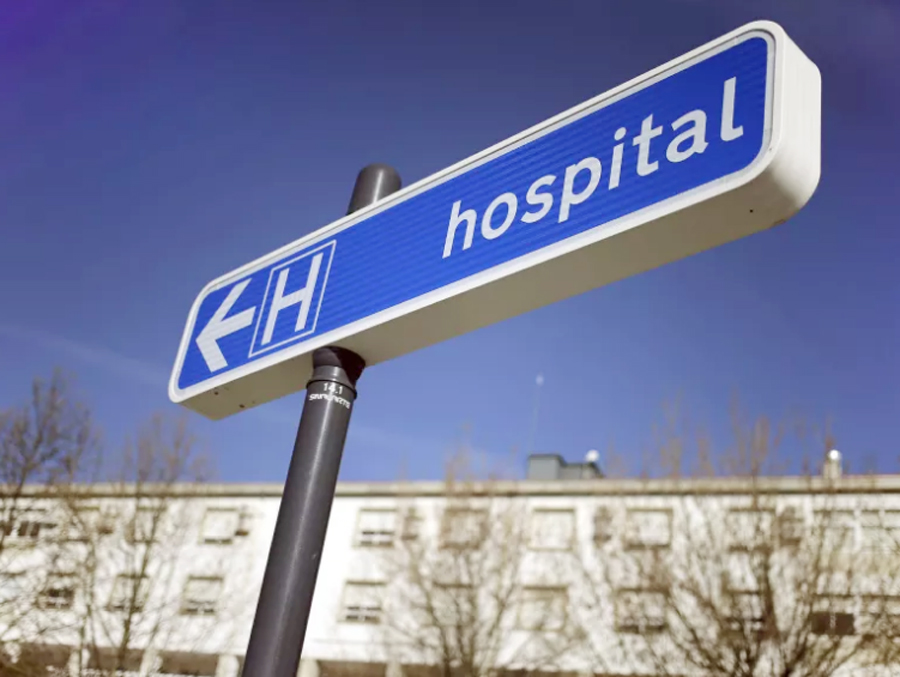Summary:
Pharmacists of SNS initiate a three-day strike due to stalled negotiations.
SNF expresses concern over government inaction despite six months of discussions.
Salary scale for pharmacists has not been updated since 1999.
100% employability for pharmacists, but many may leave for better pay elsewhere.
Disparities in salary increases compared to other health professionals are alarming.
Pharmacists of the National Health Service on Strike
Pharmacists working for the National Health Service (SNS) have commenced a three-day strike starting today, protesting against the stalled negotiations with the Ministry of Health.
In a statement, the National Union of Pharmacists (SNF) expressed their concerns, highlighting that despite six months of discussions, the Ministry has consistently acknowledged the need to address the dire circumstances these professionals face but has failed to take any substantial action.
The pharmacists emphasize that they submitted a proposal for the State Budget, which went unanswered, feeling sidelined as the Ministry has committed to negotiating a new salary scale for doctors set to take effect in January 2025 and has reached agreements with some nursing unions.
Henrique Reguengo, the president of SNF, pointed out, “Today, six months later, we are at a standstill; not one point from our demands presented in April has been resolved.” He stressed that the salary scale for pharmacists dates back to 1999, and the approximately 1,000 pharmacists in the SNS manage a significant portion of the health budget, achieving annual savings through effective drug management that could cover their salary increases.
He also expressed surprise at the postponement of a meeting scheduled for October 2, noting that it was clearly established in previous discussions that the government recognized the absurdity of the pharmacists' situation and the need for swift intervention.
Reguengo highlighted that despite adjusting their initial proposal, the lack of a counterproposal from the Ministry and the meeting's postponement indicate a lack of political will.
“We've reached a point where we no longer know what to do, but doing nothing is no longer an option,” he added, emphasizing the increasing complexity and necessity of pharmaceutical intervention, which may deter potential interest in the profession within the SNS.
“Pharmacists currently enjoy 100% employability. If they don’t join the SNS, they will find better-paying positions elsewhere,” he concluded.
He pointed out that, in some countries, pharmacists' salaries are on par with those of doctors, while in Portugal, the salary progression for other health professions has significantly outpaced that of pharmacists.
For instance, from 2008 to 2024, diagnostic and therapeutic technicians and nurses saw their base salaries rise from €991 to €1,333 (+34.5%). Meanwhile, nurses are projected to receive a 66% increase by 2027.
In contrast, doctors, who in 2008 earned a starting salary of €1,801 for a 35-hour workweek, now have starting salaries of at least €3,280 for 40 hours. During the same period, pharmacists received only an 11% increase, averaging just €11 per year.
“We manage the largest portion of the health budget and likely the most widely used technology in the SNS, yet we face this disparity,” he stated.










Comments
Join Our Community
Create an account to share your thoughts, engage with others, and be part of our growing community.